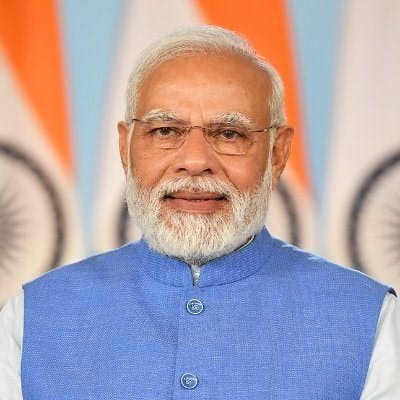No-Confidence Motion Filed Against the Government
On 26th July 2023, Congress Party MP Gaurav Gogoi introduced the no-confidence motion.
Prime Minister Narendra Modi. Photo by All India Radio News.
Anamitra Swarupa • 10 Aug, 2023 • 5 Min
CEFR A2 (Easy)
